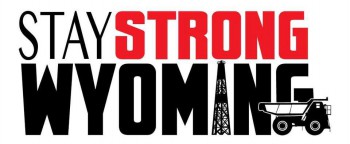(SNL, September 13) – Addressing concerns about coal’s declining presence on the nation’s rail lines, Union Pacific Corp. Executive Vice President and Chief Market Officer Eric Butler kicked off the National Coal Transportation Association fall meeting with words of support for the ailing industry. “We love coal,” he said.
“I know there are some other railroads and other employers in the industry that have made public predictions about where they think coal mining is going … but we are committed to the coal markets and we believe that they are a necessary component of energy portfolio of this country,” Butler said.
Over the past year, a host of regulatory and market challenges combined to drive down coal traffic on the nation’s railroads, eating into the bottom line for a number of rail companies operating in North America, including Union Pacific and CSX.
Butler noted the impact this slowdown has had on Union Pacific specifically, telling the Denver audience that while historically coal made up about 22% of the rail line’s volume, it now stood near 16%. Butler suggested that this amount could decline further.
Butler said that while coal traffic was still down through the third quarter of 2016 compared to the year-ago period, it was showing signs of improvement, signaling improvements for coal producers and rail companies alike.
Butler’s comments echoed the meeting’s motto published at the top of the event program: “We’re all in this together!”
Butler and others also pointed to recent increases in natural gas prices as a sign of possible recovery for U.S. producers, as well as echoing a broader hope that federal regulations, like the U.S. EPA’s Clean Power Plan, could be reversed.
While expressing optimism about the future of coal in the country’s energy mix, Butler allowed for some “unknowns” as the industry moved into 2017, specifically citing possible declines in the price of natural gas, weather volatility and inventory levels.
Some at the conference noted the positive impact of this summer’s high temperatures on coal demand and the reduction of coal stockpiles, while others allowed that a milder than normal winter could eat away at progress made this summer.
“We’re all working with the same uncertainty, but our goal is to become agile in a more economically feasible way,” Butler said.
Butler said the railroad was prepared for a return in coal demand and had access to “semi-furloughed” staff, which reduced the amount of time needed to train and assign personnel should traffic suddenly increase.
